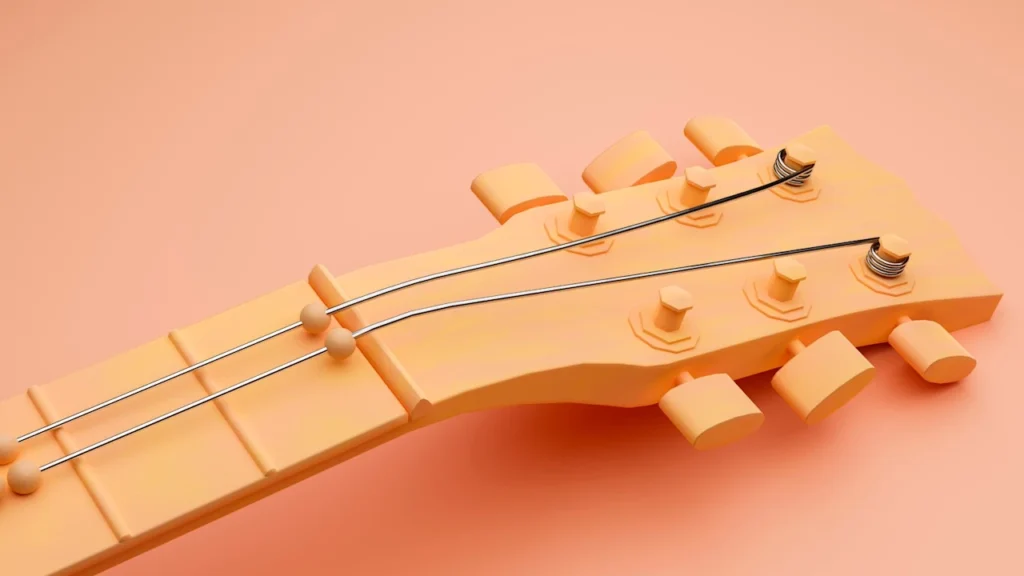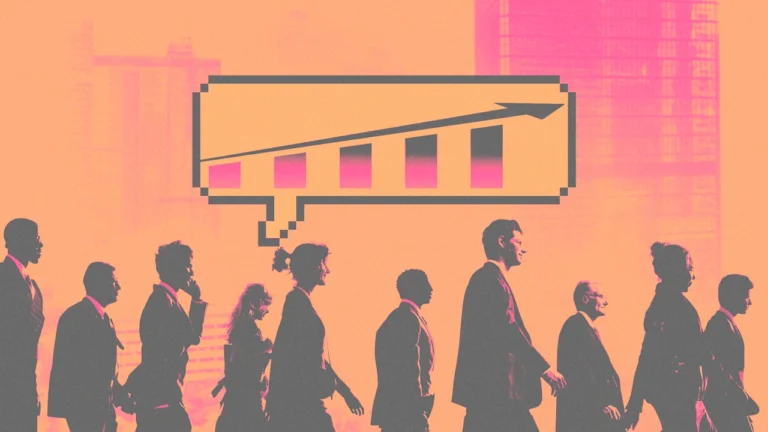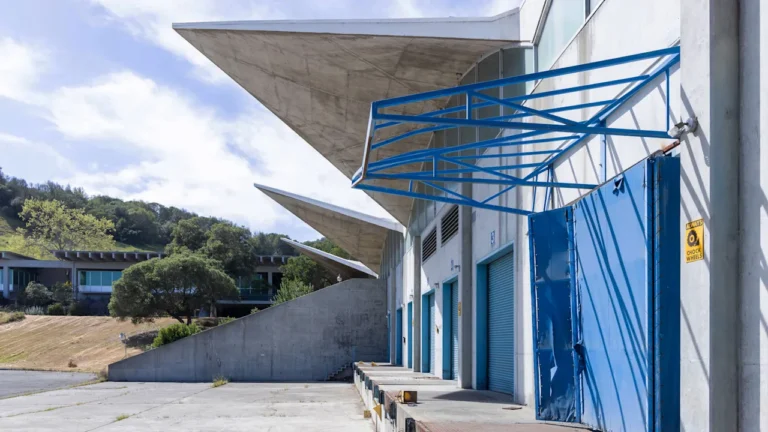
Live music is booming. According to Goldman Sachs’ Music in the Air report, the global live music market is estimate to reach $38.2 billion this year and is projected to nearly double by 2035. People crave real-world experiences and they’re willing to pay for them, whether they’re close to home or in faraway cities. Forward-thinking municipal governments are taking notice. If they’re not already, they should be.
For 21st century cities, music isn’t just entertainment—it’s civic infrastructure. When designed intentionally, music venues can drive economic growth, foster social connection, boost local culture, and reflect a city’s identity.
More than a stage: The Orion’s civic role
Doubling as a premier music venue and vital community hub, The Orion Amphitheater in Huntsville, Alabama was recently named Billboard’s 2024 Top East Coast Amphitheater and atop-10 venue in Pollstar’s 2025 Midyear Worldwide Amphitheater Rankings in tickets sold and gross sales. Since opening, the city’s $55 million investment has yielded an estimated $85 million in annual economic impact. Half the venue’s visitors come from outside the region, filling hotels, restaurants, and local shops.
The Orion’s ripple effect extends well beyond show nights. The City of Huntsville also invested $45 million in infrastructure and public space around the venue, transforming the MidCity District into a thriving place where people live, work, gather, and experience their favorite artists on stage.
Civic stagecraft: How programming builds community
The Orion’s calendar goes far beyond marquee names like Stevie Nicks, Billy Strings, Lil’ Wayne, and Luke Bryan. Events include local artist showcases, sourdough-making workshops, Juneteenth and Disability Pride celebrations, art galleries, book clubs, and a variety of other community-driven events throughout the year. These diverse offerings create a space where everyone sees themselves represented on stage.
Events like the recently held Trap Democracy Festival blend music with civic education, offering fresh ways to engage the community and reimagine what a music event can be.
Local musicians are central to this mission. Each year, 80 to 100 local and regional acts perform across the venue’s campus during community events like Pupapalooza, the Cigar Box Guitar Festival, and the Taste of Soul Family Festival. Local artists and bands also regularly perform pre- and post-show sets on major concert nights, encouraging attendees to arrive early and extend their experience.
The venue is designed to be a public resource—open and accessible. Apollo Park, adjacent to the amphitheater, remains open year-round as a gathering space where patrons can spend time before or after a concert, or anytime they wish. As a city-owned property, it’s important for residents to feel ownership and pride: This is their venue.
Public-private partnership as a culture lab
The Orion Amphitheater is the result of a visionary partnership between Mayor Tommy Battle, tvg Hospitality CEO Ben Lovett (a founding member of Mumford & Sons), and RCP Properties, developers of MidCity District. Huntsville’s collaborative approach exemplifies a new model of artist-informed urban development.
Lovett put it plainly when The Orion opened: “The success of the venue will rely heavily on an open relationship with the people of Huntsville…knowledge, assistance, energy, and passion will drive the venue forward.”
So far, that collaborative energy is paying off. Huntsville’s broader investment in the creative economy, anchored by The Orion, has helped generate more than 46,000 new jobs and attract over $7 billion in private investment.
A playbook for other cities
Concert venues are often seen solely as entertainment infrastructure. But when designed with community in mind, they become multifunctional platforms for connection. Cities hoping to replicate Huntsville’s success should build spaces that serve both headliners and hometown heroes.
When cities and developers cocreate through a culture-first lens as a strategy for place-making, the ROI includes stronger identity, deeper engagement, and talent retention.
Huntsville’s model is still evolving, but it’s already offering a new kind of blueprint for cities seeking inclusive, culture-driven growth. As more communities explore the intersections of space, sound, and story, one truth rings clear. When cities make room for music, they make room for everyone.
In Huntsville, the stage isn’t just for performance—it’s for possibility.
Matt Mandrella is music officer for the City of Huntsville, Alabama.


